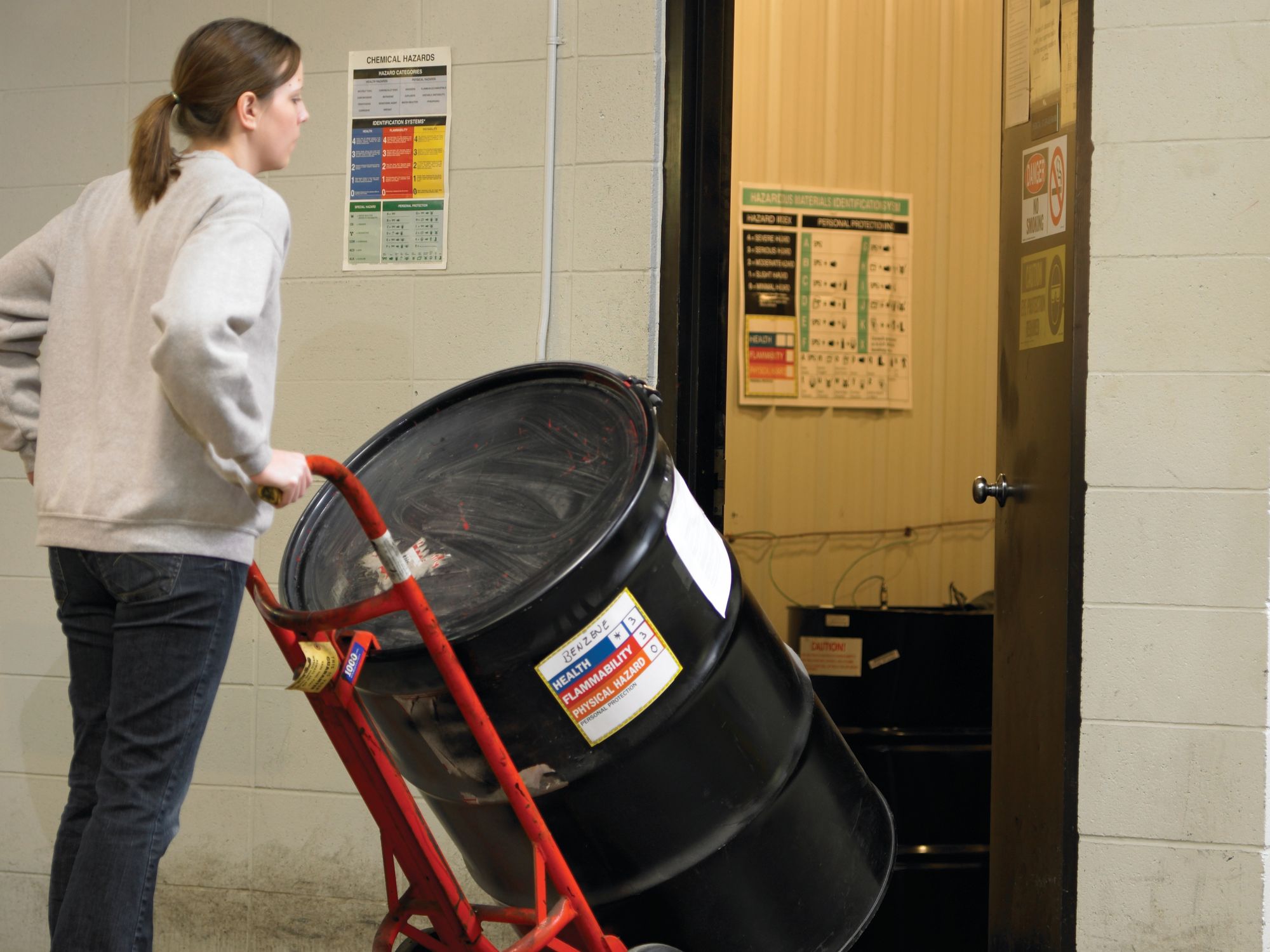Considerations for treatment and disposal

- A facility may not dispose of hazardous waste onsite unless the facility has obtained a disposal permit.
- Facilities can face violations and steep civil penalties for sending hazardous waste to an unpermitted TSDF.
CAUTION: Be careful with treating waste. A company is allowed to treat waste onsite without a permit, but there are some treatments that are not allowed. For instance, it is illegal to allow waste to evaporate as treatment. Also, a company can’t dilute a waste in order to land dispose it. As always, check with the state to make sure any treatment methods used are allowed.
Disposing of waste onsite
Disposing of hazardous waste onsite is regulated differently than treating hazardous waste. A facility may not dispose of hazardous waste onsite unless the facility has obtained a disposal permit.
Under certain limited circumstances, it may be legal to dispose of certain types of hazardous waste onsite without a permit:
- Farmers may dispose of their own waste pesticide provided they triple rinse the empty pesticide container and dispose of the pesticide residue on their own farm in a manner consistent with the instructions on the pesticide label.
- Even if the person is not a farmer, the individual may be allowed to dispose of certain hazardous wastes by discharging them directly into the sewer drain. However, this is not considered good management practice and in many communities, it may be illegal.
For more information concerning wastes which may be disposed of in this manner, contact the local wastewater or sewage treatment office or the state hazardous waste management agency.
Know where waste ends up
It’s important to send waste only to Resource Conservation and Recovery Act (RCRA) permitted or interim status facilities that are authorized to treat, store, and dispose of waste in the state.
Facilities can face violations and steep civil penalties for sending hazardous waste to an unpermitted treatment, storage, and disposal facility (TSDF).
